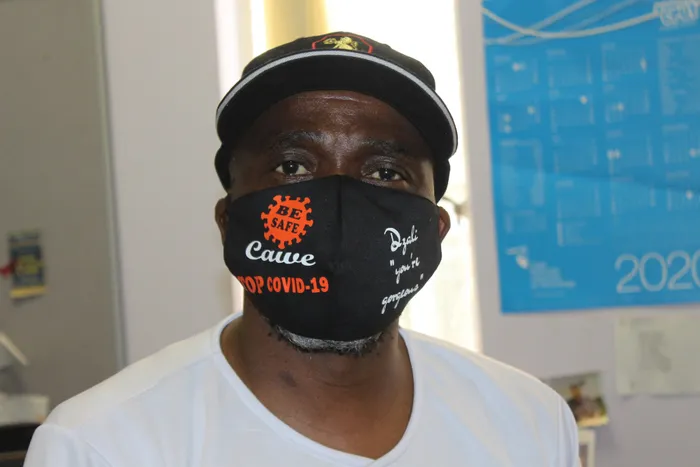Culture of silence a killer

As we enter the Women’s Month, it will be essential to reflect on the achievements of women but most importantly the complex challenges they face today.
Among these are, but not limited to, oftentimes single-handedly raising their children, lack of work and mistreatment at work.
But I trust all this is going to be addressed by advocacy groups, non-governmental organisations and the government itself.
During August - Women’s Month - we can be assured there will be event after event to address challenges and to reflect on the historic events of 1956.
However, I pray that we are not bombarded with the stories of the women involved in the 1956 march - not because I do not recognise their sterling work or their courage, but because now is the time to look at the current challenges women are facing under a democratic government. Are women free? Are they equal to their fellow men at the workplaces and at home?
Yes, at this time various high society events are held to honour women and their role in society. It is a known fact that everybody will be in high spirits to defend and protect women. Gender-based violence will be condemned and pamphlets will be distributed to women. But violence will continue to torment society. It certainly won’t stop just because it’s Women’s Month.
The sad thing is that despite the many strides we’ve made, women are still treated as objects. Women still die in the hands of men. Women are given positions but I feel many are merely made faces of companies.
Strong as they are, they are not treated with respect they deserve. They still work as domestic workers who are not being registered by their “masters” whose children they raise while their own are roaming the streets smoking tik and other drugs, and left to fend for themselves.
Despite the progress we’ve made, the murder and rape of women are at an all-time high and it is my hope that at this year’s Women’s Day celebrations, people will be more truthful about the position women find themselves in.
Quite recently I was touched by the stories of two women who were burnt, one by a friend and the other by her lover. But the treatment these women received by the law and the media amounted to a secondary attack.
The two could not open cases because they were not in possession of the J88 form which has to be completed by the doctor who treats the victim.
One was told to come after a month to get the simple piece of paper. The other was told she could not get it unless the police of her area applied for it. Meanwhile, the police were telling her to go back to where she was treated to get the form.
Both women turned to the media - but the media did not run their stories because there was no confirmation from the police that cases had been opened.
But another challenge that victims of violence, particularly women, face, is the culture of silence. The “andibonanga” culture is a big killer. People do not talk for fear of harassment or for fear of being labelled impimpi by the same community. The days of informers or spies should have no place in our areas yet we have adopted a culture of silence.
For the sake of women who are raped and maimed, we need to open up and report these matters to the police. Police also need to play their role of protecting those who inform them about the crimes.
When somebody is killed or raped right in front of us, we all act as if we didn’ see anything.
For the sake of women, let us break the silence this month - and in the future. While it is my job as a journalist to verify facts, confirm what’s been relayed to me, and ensure that all sides of the story is told, it pains me that I have gruesome pictures of women, whose stories will not see the light of day.
I have a horrible picture of a woman with stitches from the back of her head to nearer the forehead. Maybe one day, I will report on her death.
But hopefully the two women who were burnt - as well as the many others who have been victims of gender-based violence will get justice.
And it all starts with us refusing to remain silent.